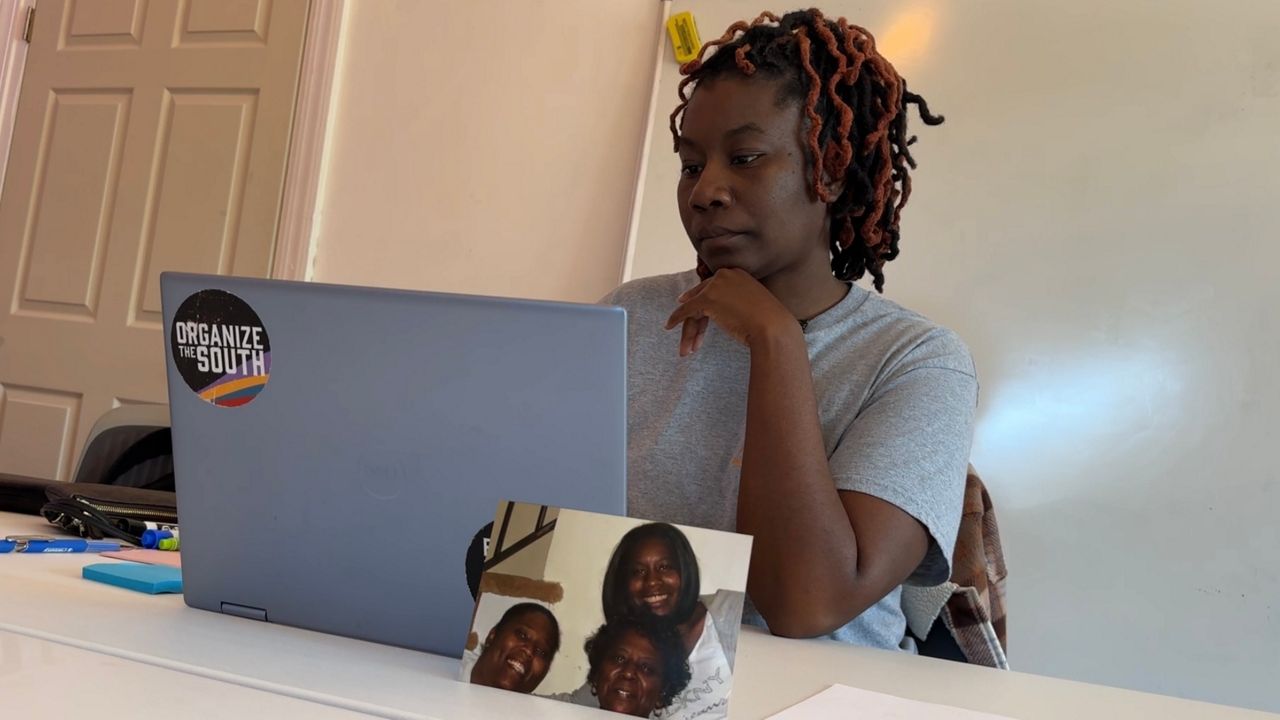ASHEVILLE, N.C. — The first bite into Avery Cross’ lunch break is sweet, and a small break from a job he loves.
As a tractor engineer, Cross is comfortable and happy.
“It’s the same stuff that you would get done to your personal vehicle, just to a much larger and slightly different degree,” Cross said.
His family has been in the Western North Carolina mountains for generations, specifically near Asheville. The mountains have deep meaning to him.
One part of the equation doesn’t add up for him — rent.
“The cost of living has skyrocketed," Cross said. "There’s not much we could do besides leave these jobs that we love and have fun working at.”“The cost of living has skyrocketed," Cross said. "There’s not much we could do besides leave these jobs that we love and have fun working at.”
As costs of living have changed, Cross barely recognizes the area he’s known his entire life. He said his near future will likely be spent working in Asheville and living elsewhere.
“If I were to find an apartment by myself that I could afford, I would be driving almost an hour a day to work,” Cross said.
Cross’ eyes are set on Waynesville, and as far as Tennessee and South Carolina. He said the growth of Asheville and its prices are putting residents farther and farther away.
“It really sucks that this place that I’ve grown up in, I’ve started to almost loathe it in a way because I can’t really find a place to live,” Cross said. “I shouldn’t have to rely on having a best friend or a partner or to have someone else there to make ends meet.”
His options are limited.
“For me to even feasibly be able to afford it, I’m gonna have to move out and rent with my best friend and his fiancé. Even with the three of our incomes combined, it would be pushing it for us.”
A bill was introduced to the state Senate in March that could give North Carolina municipalities the power to enact rent control. The bill is described as an act to permit local governments to enact rent control measures.
Cross says regardless of the outcome, the conversations being brought up by Senate Bill 225 are essential.
“It's nice to hear that they’re finally bringing it up as a conversation and they’re finally listening to us,” Cross said. “Even if it doesn’t pass, there's still opportunity for it to happen later. It’s still bringing it up in local politics that, hey, these people are struggling."









